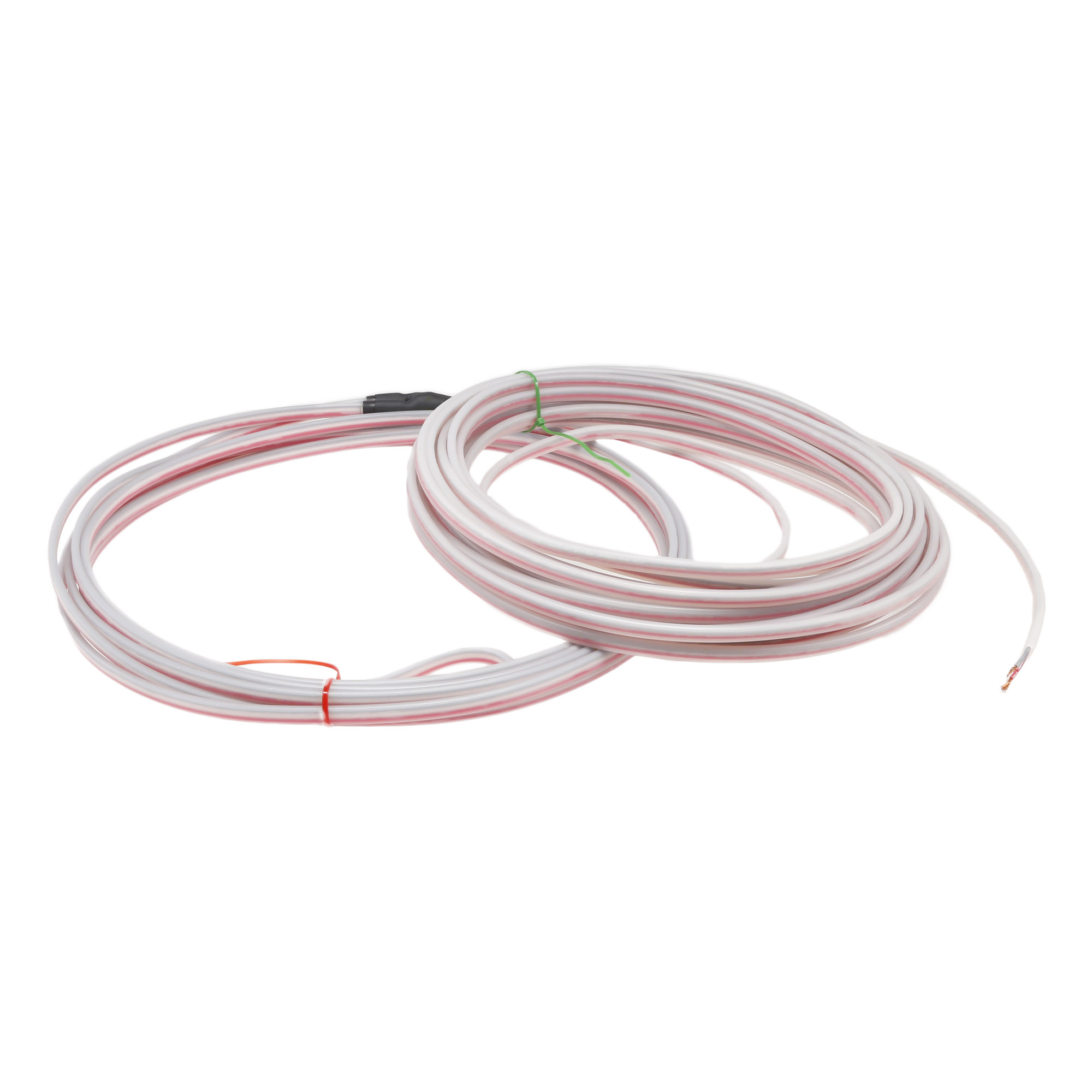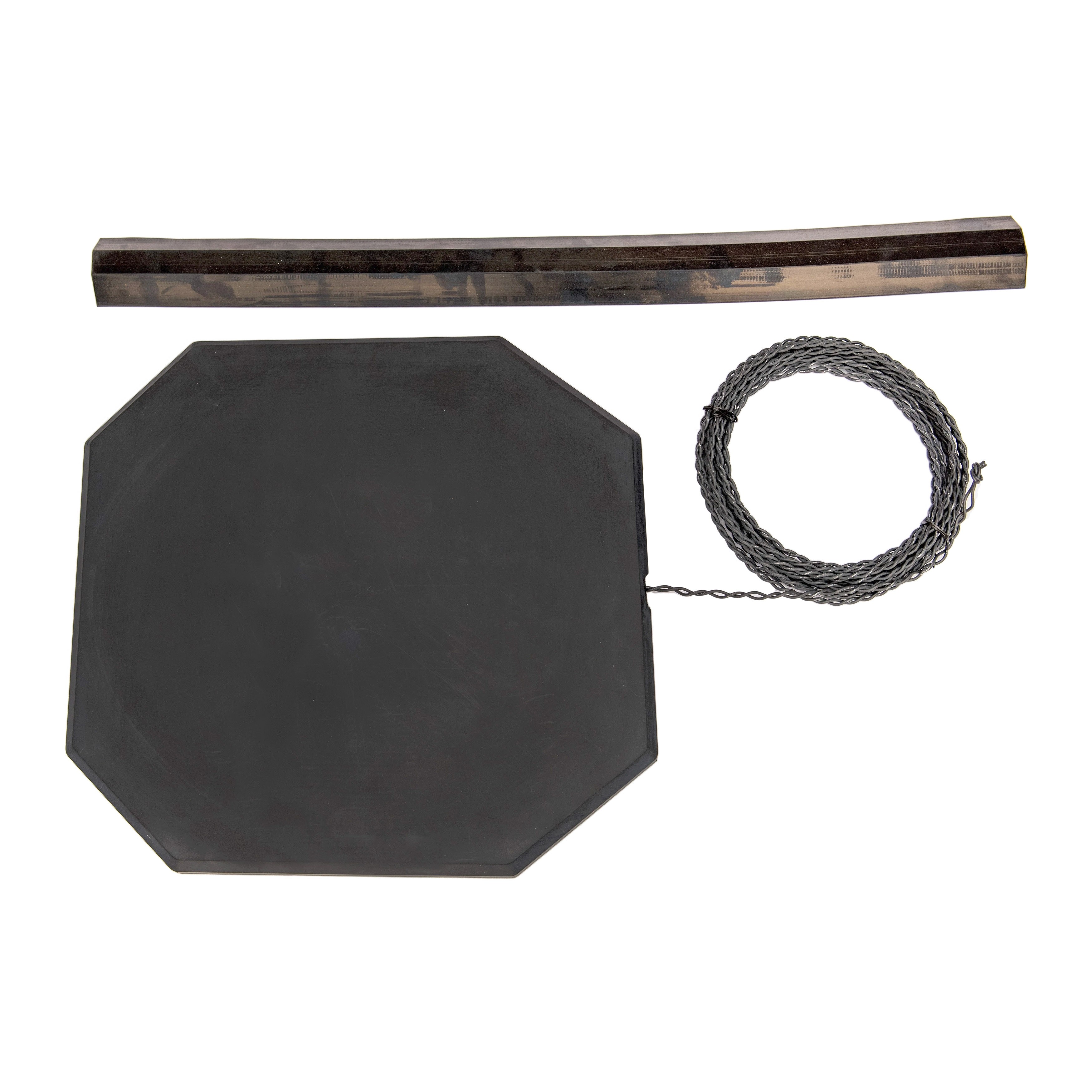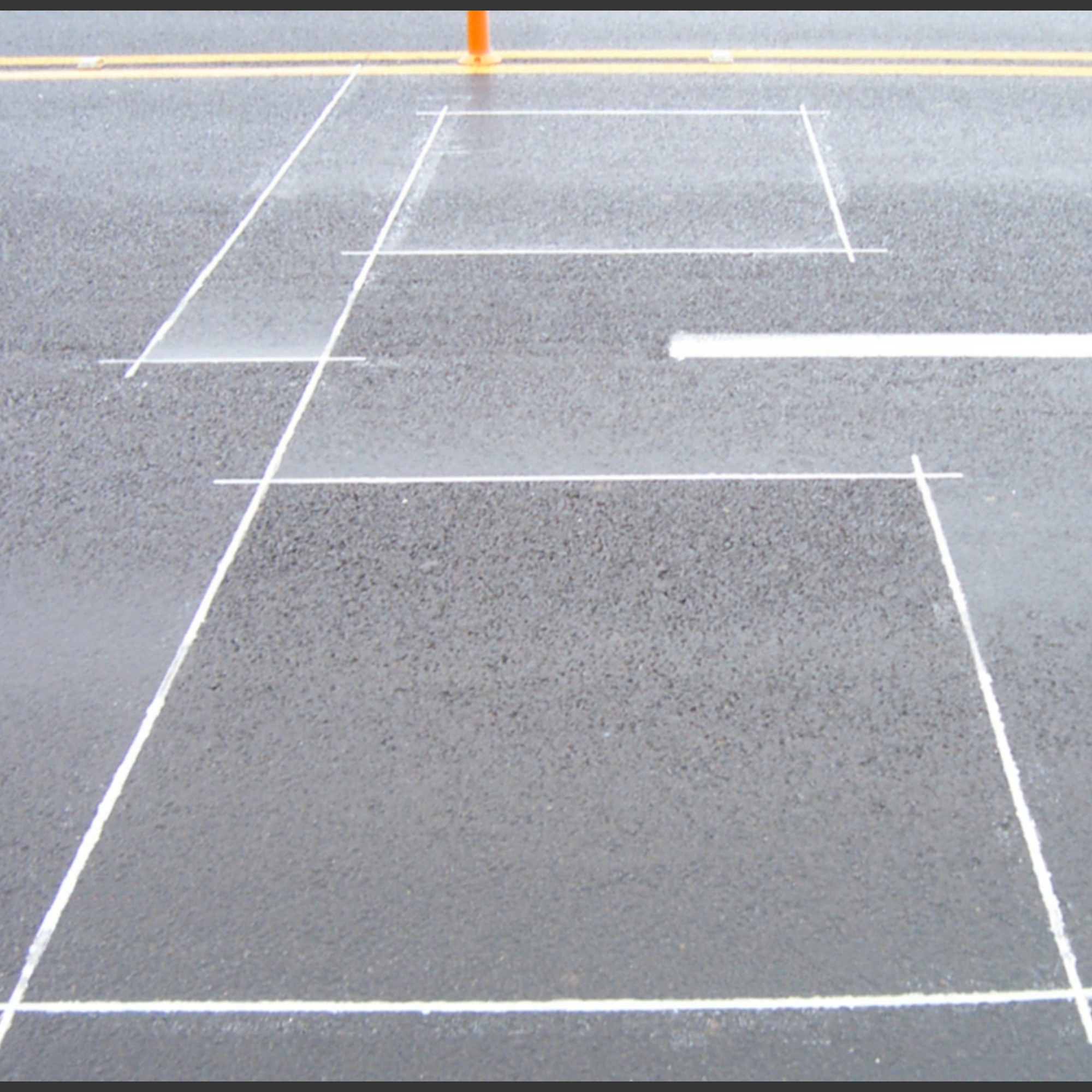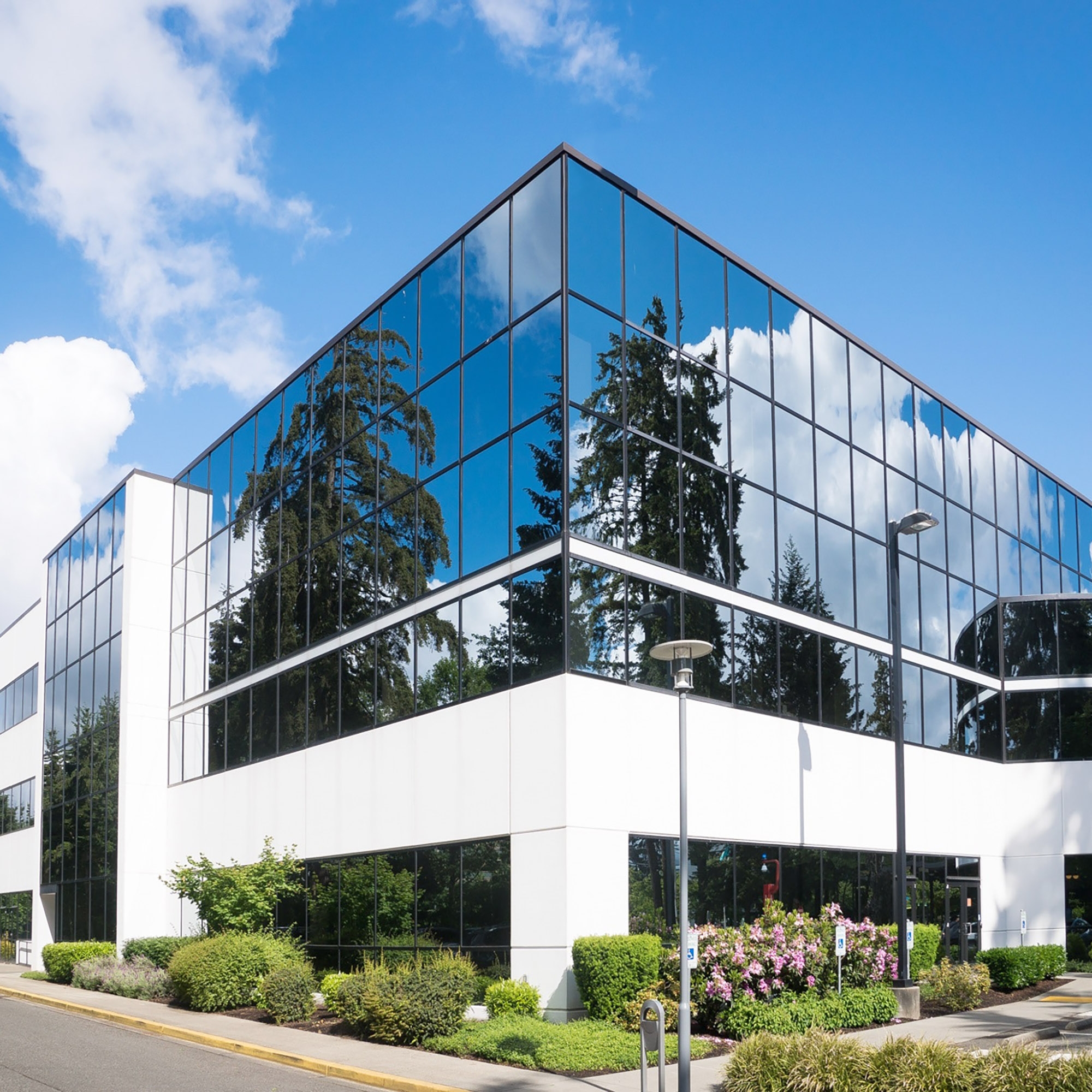Loop Detectors for Automatic Car Washes: Above and Below Ground Vehicle Detection
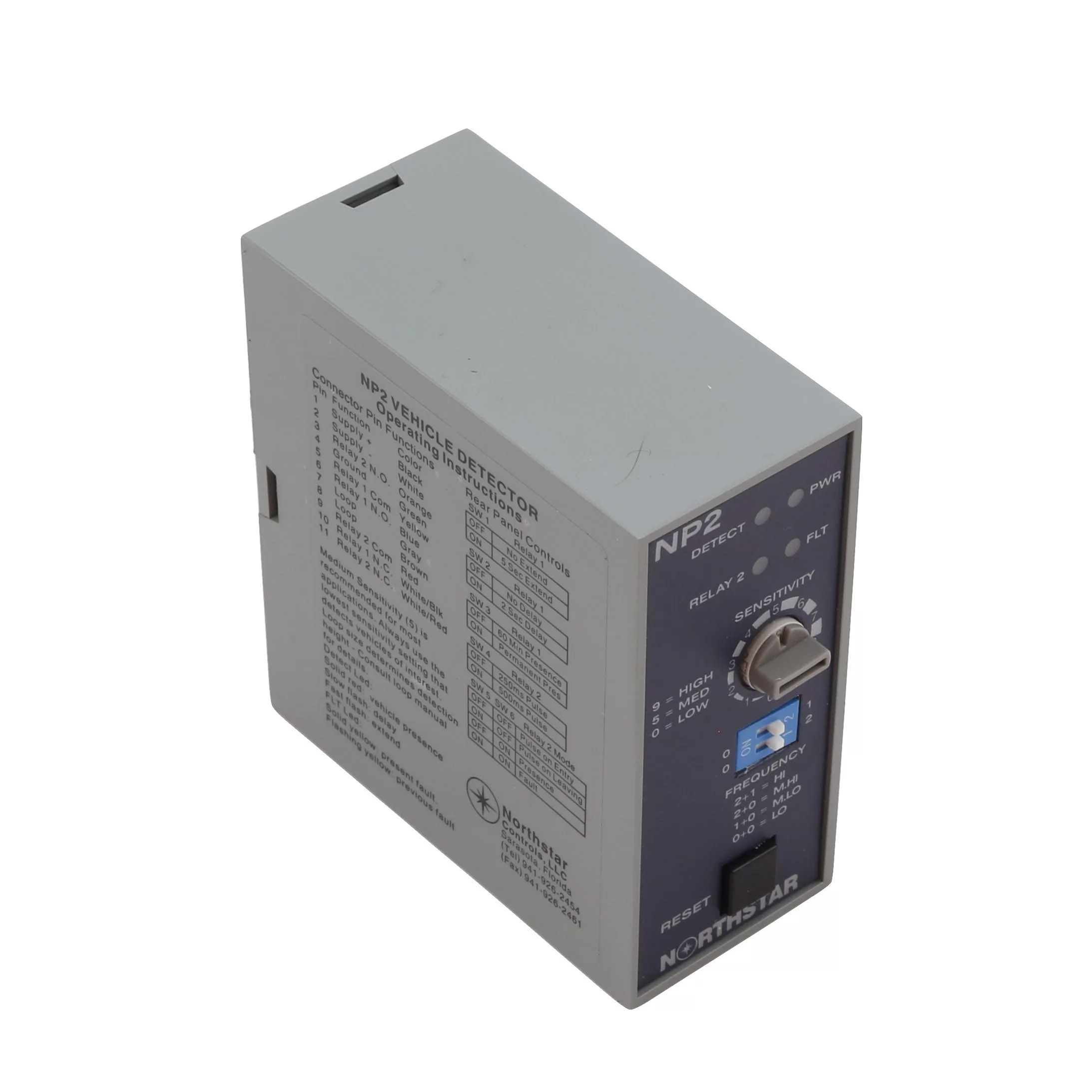
Vehicle detection plays a direct role in how automatic car washes manage each stage of the wash cycle. From initiating entry into the bay to activating pressure washers and drying systems, knowing exactly when a vehicle arrives and leaves each zone allows the system to operate more precisely. Loop detectors have long been a trusted method for identifying vehicles using magnetic induction, and their role in car wash systems has proven to be both reliable and efficient. They help improve timing, reduce manual oversight, and allow car wash equipment to respond to each vehicle with greater accuracy, resulting in better performance throughout the process.
How Loop Detectors Work in Car Washes
Loop detectors operate by generating a magnetic field through a wire loop installed in or on the driving surface. When a vehicle drives over the loop, the metal in the vehicle interrupts this magnetic field, triggering a signal that the loop detector interprets. This signal is then sent to the car wash system to activate functions like soap sprays, brushes, or entry gates. In the car wash environment, timing and response matter because each stage of the process is carefully sequenced. Loop detectors ensure that each vehicle is accounted for and processed in the correct order, helping the system maintain consistency during high and low traffic periods alike.
Above-ground loops function in a similar way but are placed directly on top of the surface instead of being embedded. These pre-formed loops are easy to deploy on hard surfaces such as concrete and can be secured using adhesives or mounting brackets. They are often used in locations where permanent pavement cutting is not allowed or where quick deployment is needed. Although exposed, above-ground loops can be constructed with materials that withstand moisture, vibration, and frequent contact, which makes them well-suited for use in wet and active settings like car washes without needing to modify the existing surface.
Choosing Between Above and Below Ground Loops
Deciding between using an above-ground or below-ground loop depends on the long-term plans for the car wash site and the physical conditions of the area where detection is required. Below-ground loops are embedded in the pavement by cutting narrow channels into the concrete or asphalt and sealing the loop in place with a protective material. This approach results in a more discreet detection system that becomes part of the driving surface. It is ideal for permanent installations where the vehicle path is fixed and won’t change over time, and where the loop can remain protected from direct contact with chemicals, water, and other equipment.
On the other hand, above-ground loops are better suited for cases where excavation is not possible or cost-effective. These loops are pre-fabricated and rest on the driving surface, offering a more flexible solution for temporary setups or areas where concrete or asphalt cannot be cut. While they do sit directly in the vehicle path, many are built to resist impact and corrosion from car wash chemicals, ensuring that they remain functional even with repeated exposure to soap, rinse water, and temperature changes. This allows operators to install a reliable detection system without altering the physical infrastructure of the wash bay. Check out our Above Ground Loops on our Sister Site VehicleLoops.com.
Not sure what kind or size of loop you need? Check out our Loop Finder Guide to help find the right solution for you!
Loop Finder GuideIntegrating Loop Detectors with Car Wash Equipment
Loop detectors on their own don’t manage the system, they operate as part of a broader detection and signaling setup. A safety loop, either on the surface or beneath it, is wired to a detector module that interprets changes in magnetic field caused by passing vehicles. This detector is connected to the car wash control system, allowing signals to be used for specific tasks like turning on equipment or signaling readiness for the next cycle. These modules are often adjustable, offering the ability to fine-tune settings like vehicle detection sensitivity, delay intervals, and response times based on the characteristics of the location and flow of traffic.
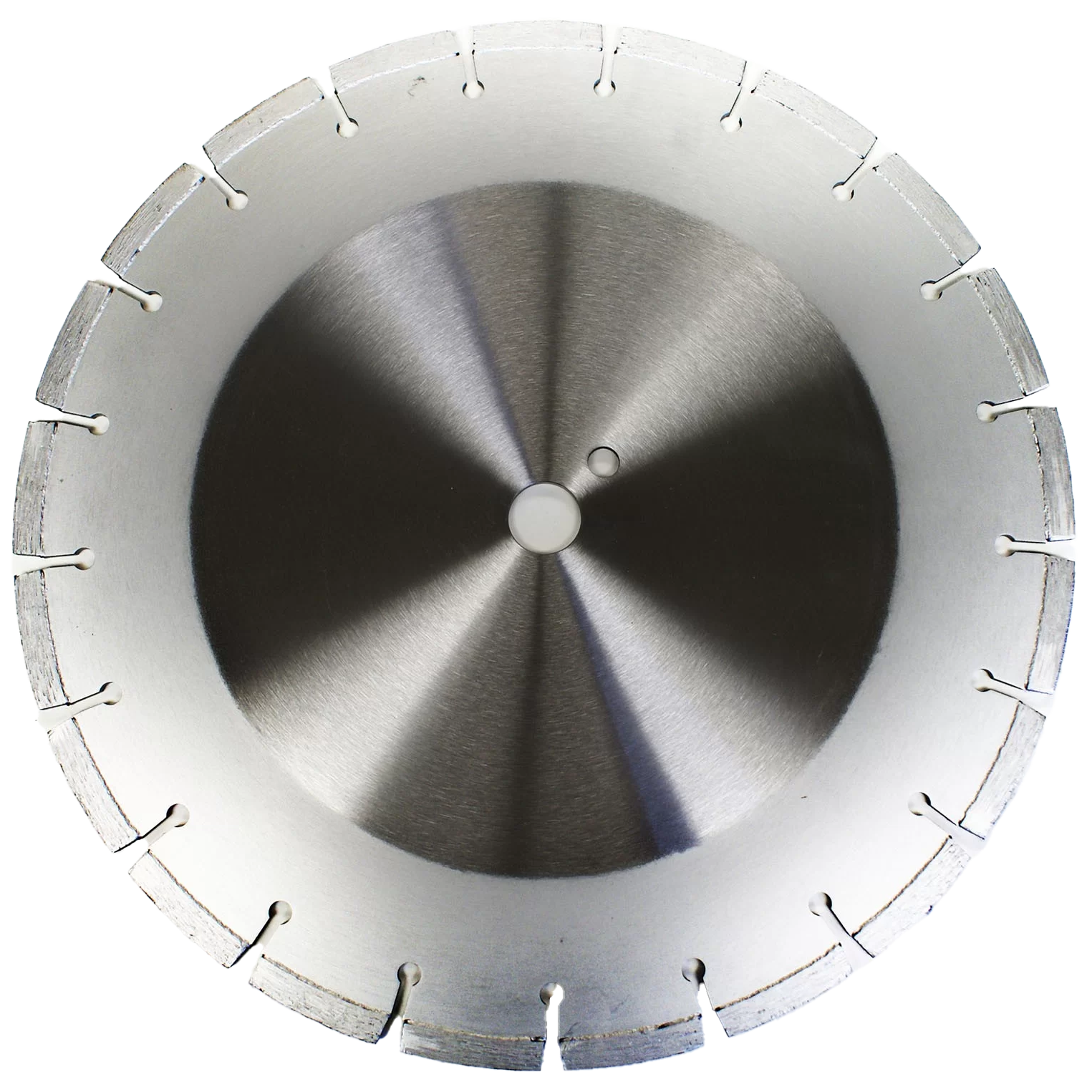
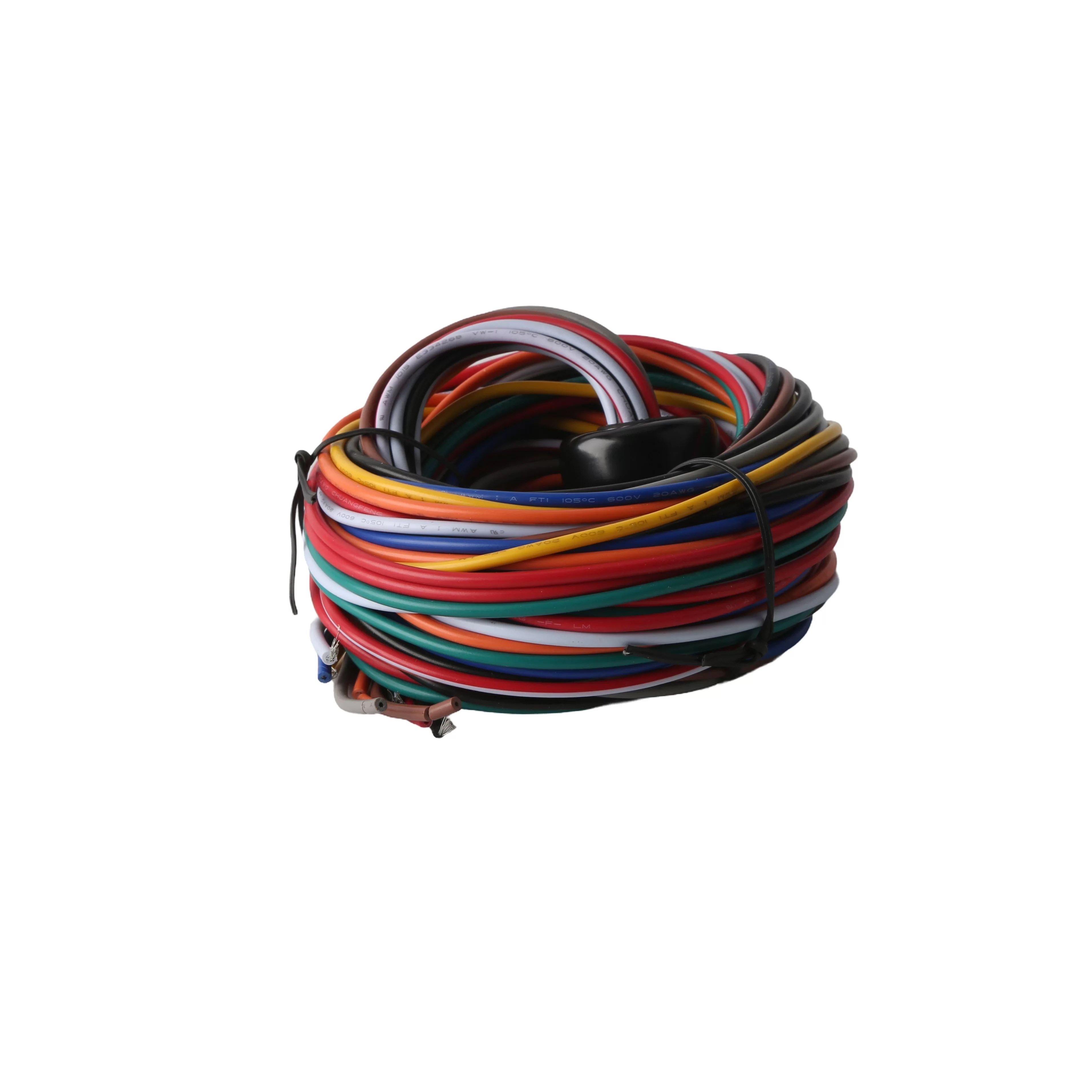
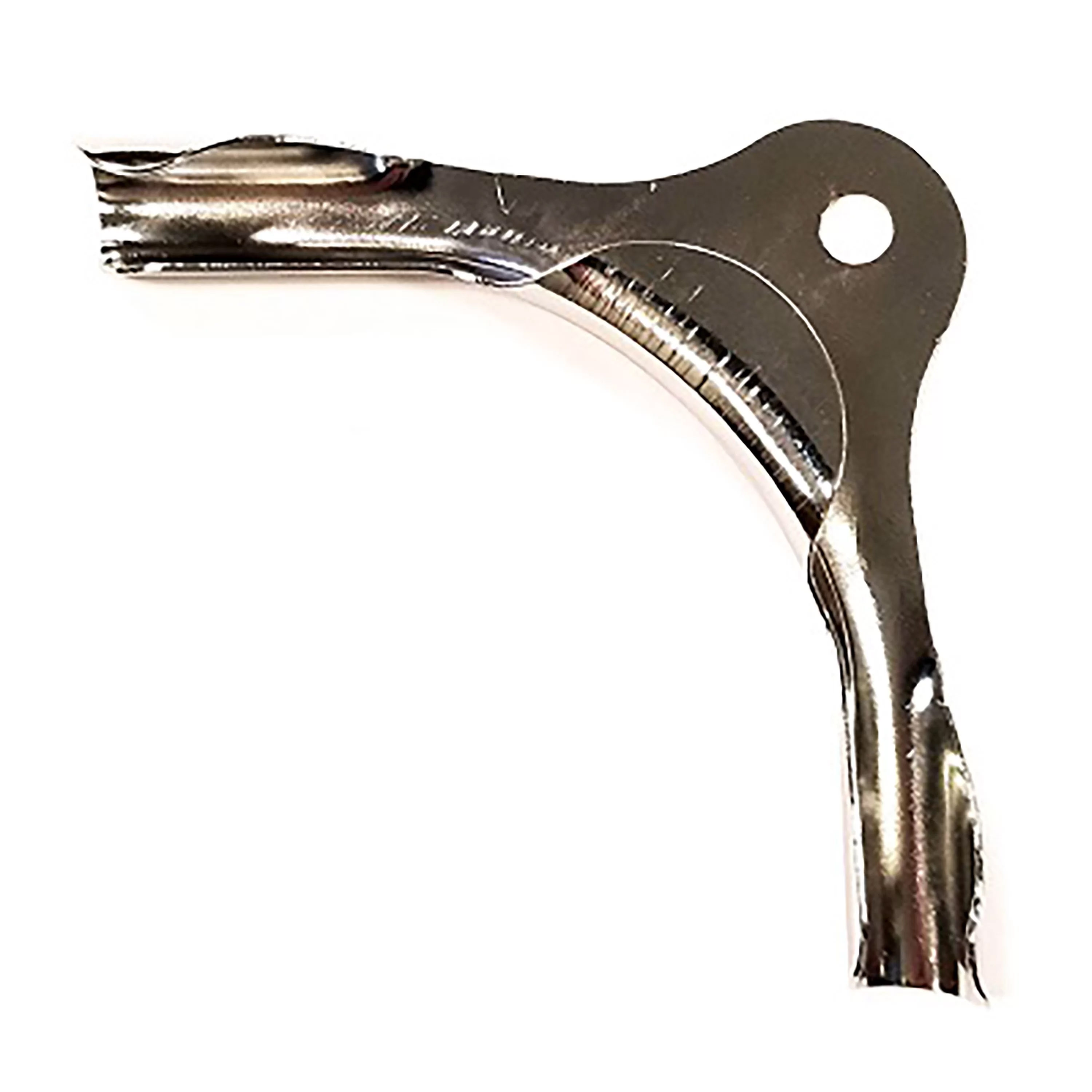
In complex car wash systems where multiple detection points are needed, loop detector accessories can help manage potential interference or signal confusion. Components such as isolation relays, filter boards, and timed relays allow the detection system to remain stable even when surrounded by electrical noise from pumps, motors, or other automated devices. This stability ensures that the system does not respond to false positives or miss vehicles altogether. With proper calibration, loop detection systems can handle high volumes of traffic while maintaining the exact control necessary for wash equipment to operate correctly and consistently.
Why Loop Detection is Reliable for Car Washes
Loop detectors have earned a strong reputation in the car wash industry because of their long-term reliability, even when exposed to the kind of challenging conditions found in these facilities. Water, mud, road salt, and fluctuating temperatures are all factors that can damage sensitive equipment. However, both above-ground and below-ground loop systems are built to remain operational in environments with high moisture and chemical exposure. Surface-mounted models are encased in materials that prevent intrusion from water and detergents, while embedded loops are shielded by pavement and sealing compounds that keep them isolated from corrosive substances.
Frequently Asked Questions About Loop Detectors in Car Washes
What Is the Difference Between Above-Ground and Below-Ground Loop Detectors?
Above-ground loop detectors are installed on the surface of the pavement and are typically pre-formed for easy placement. Below-ground loops are embedded in cut grooves within the pavement and sealed in place for long-term use. The main difference lies in their placement and how they interact with the environment. Both types provide accurate vehicle detection, but their use depends on the specific needs and conditions of the car wash.
Can Loop Detectors Work in Wet and Harsh Environments Like Car Washes?
Yes, loop detectors are designed to function reliably in wet environments with constant exposure to water and chemicals. Many surface-mounted models include sealed casings that prevent moisture from damaging internal components. Embedded loops are protected by concrete or asphalt and further sealed with waterproofing materials. These design elements ensure dependable performance in conditions that are typically tough on electronic systems.
Do Loop Detectors Work With All Types of Vehicles?
Loop detectors are effective at detecting a wide range of vehicles, from small passenger cars to larger trucks and SUVs. The system works by sensing the metal mass of the vehicle disrupting the magnetic field. Most detector modules can be adjusted to fine-tune sensitivity for different vehicle sizes and speeds. This allows car wash systems to operate efficiently regardless of the vehicle type.
Is It Difficult to Add a Loop Detector to an Existing Car Wash?
Adding a loop detector to an existing car wash is a straightforward process, especially when using above-ground loop systems. These can be installed without cutting into the surface, making them ideal for retrofitting. For below-ground loops, some pavement cutting and sealing are required, but the process is manageable with standard tools. Both options can be integrated with existing control systems using compatible detector modules.
How Long Do Loop Detectors Typically Last?
When properly installed and maintained, loop detectors can last many years even in high-traffic environments. Below-ground loops benefit from added protection within the pavement, while above-ground versions are often built with rugged casings. Environmental exposure and physical wear can affect lifespan, but quality detectors are built to handle these challenges. Regular inspection helps ensure continued reliability over time.
Can One Loop Detector System Manage Multiple Points in a Car Wash?
Yes, loop detector systems can be configured to handle multiple detection zones within a single car wash layout. By using multiple loops connected to separate channels or detector modules, different stages of the wash can be controlled independently. Accessories like isolators and filters help prevent signal interference between loops. This setup allows for detailed control of each wash stage based on vehicle position.
Contact Us
If you're planning to upgrade or set up vehicle detection in your automatic car wash, loop detectors offer a reliable way to manage timing and system responses. Whether you need above-ground options for quick deployment or in-ground loops for long-term integration, there are dependable solutions for both. Our selection includes everything from safety loops to detector modules and accessories designed for high-moisture, high-traffic environments. We’re here to help you choose the best setup for your specific car wash layout and traffic flow. Reach out to us today for expert guidance and the right equipment to keep your system running efficiently.
Contact Us
